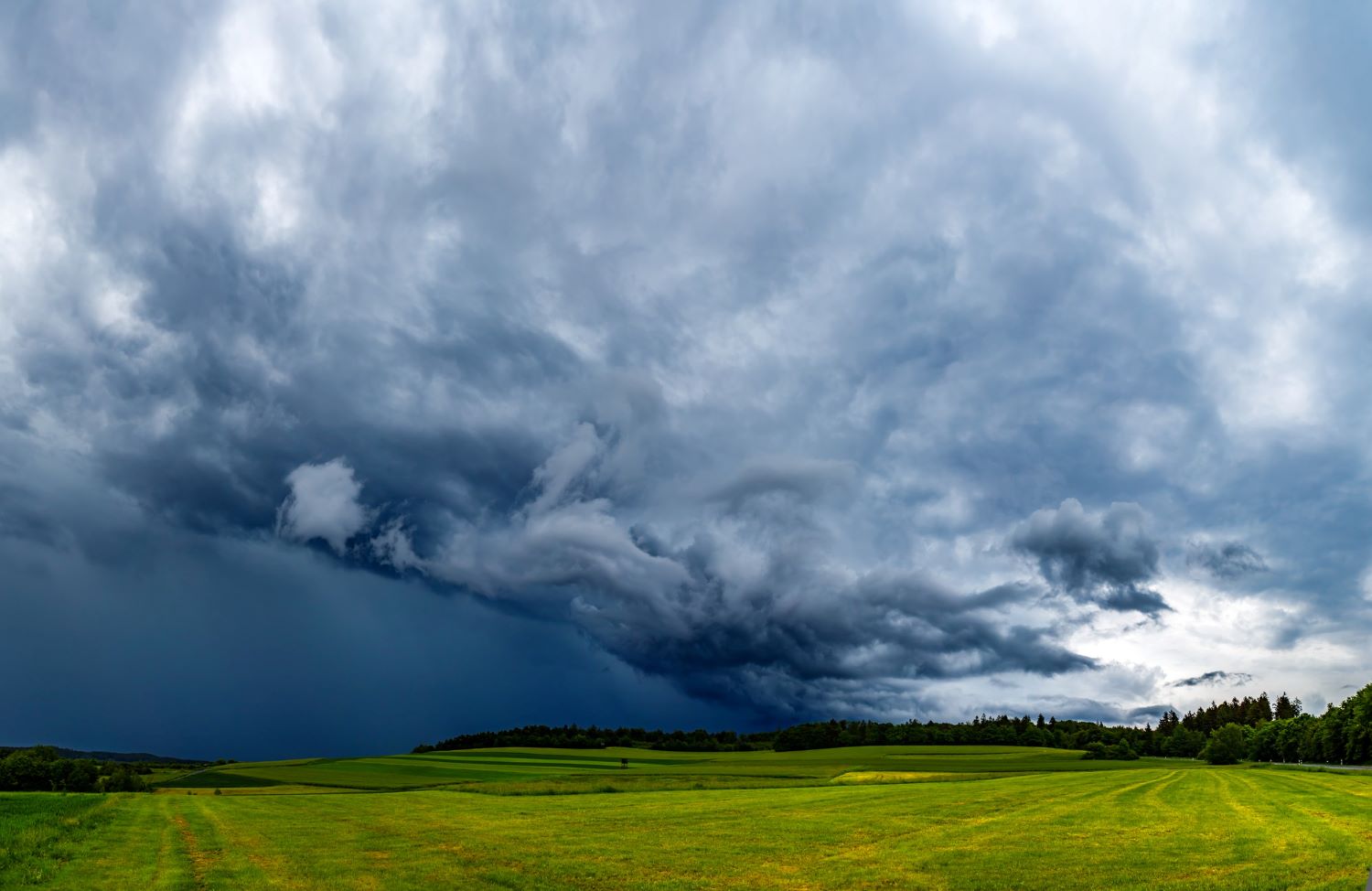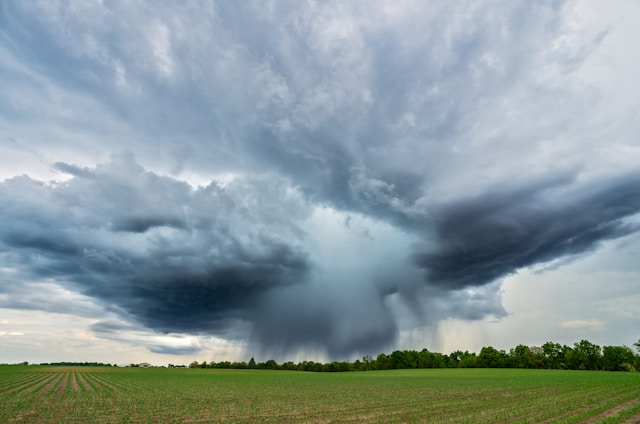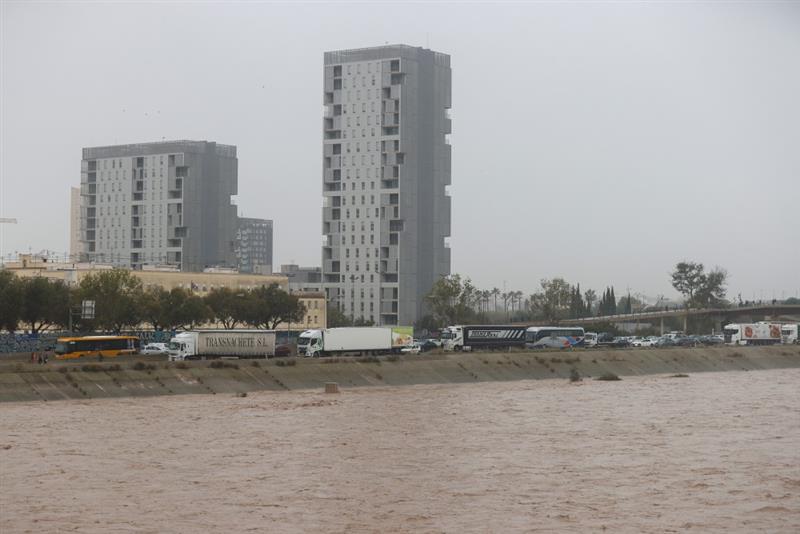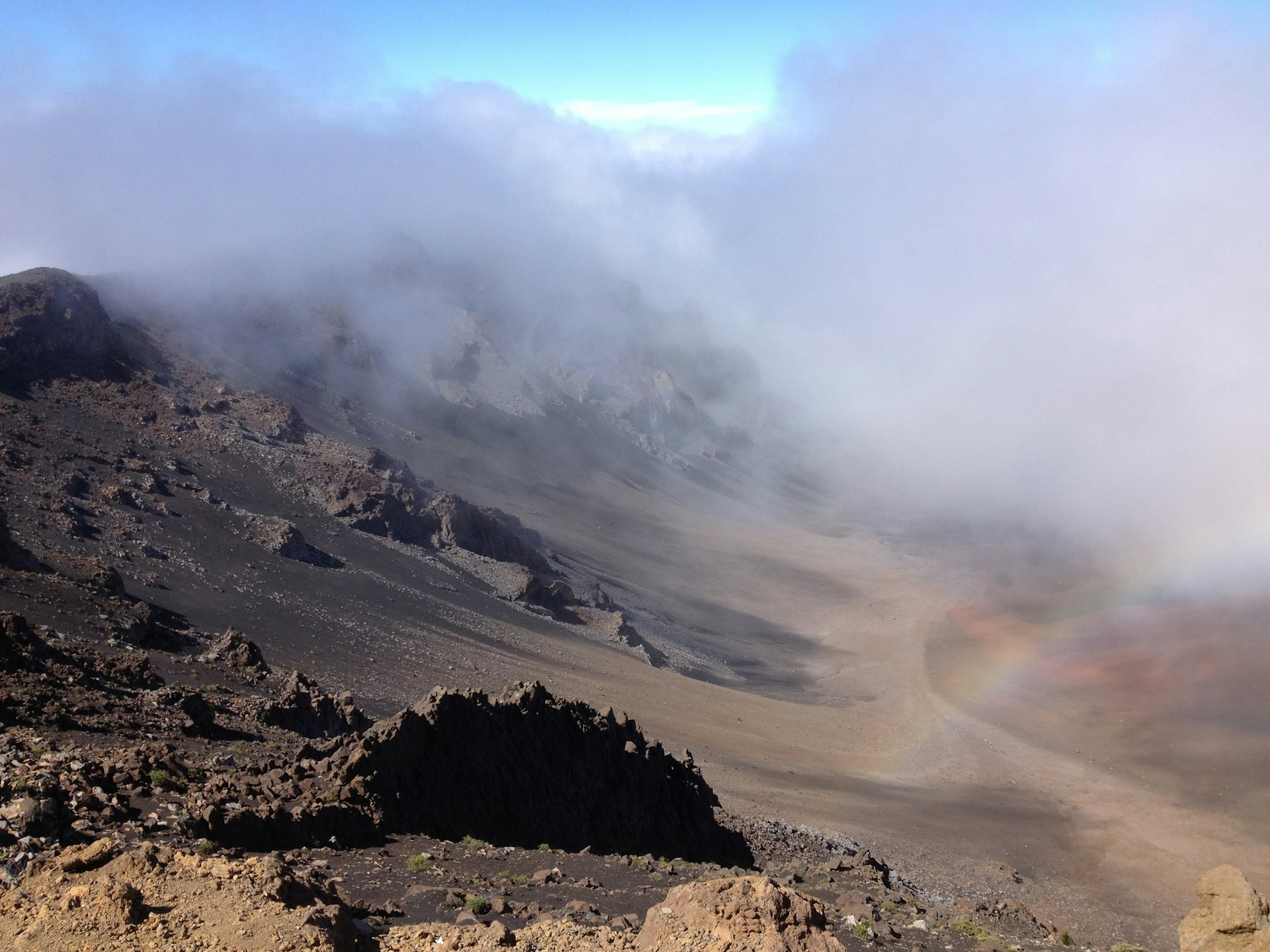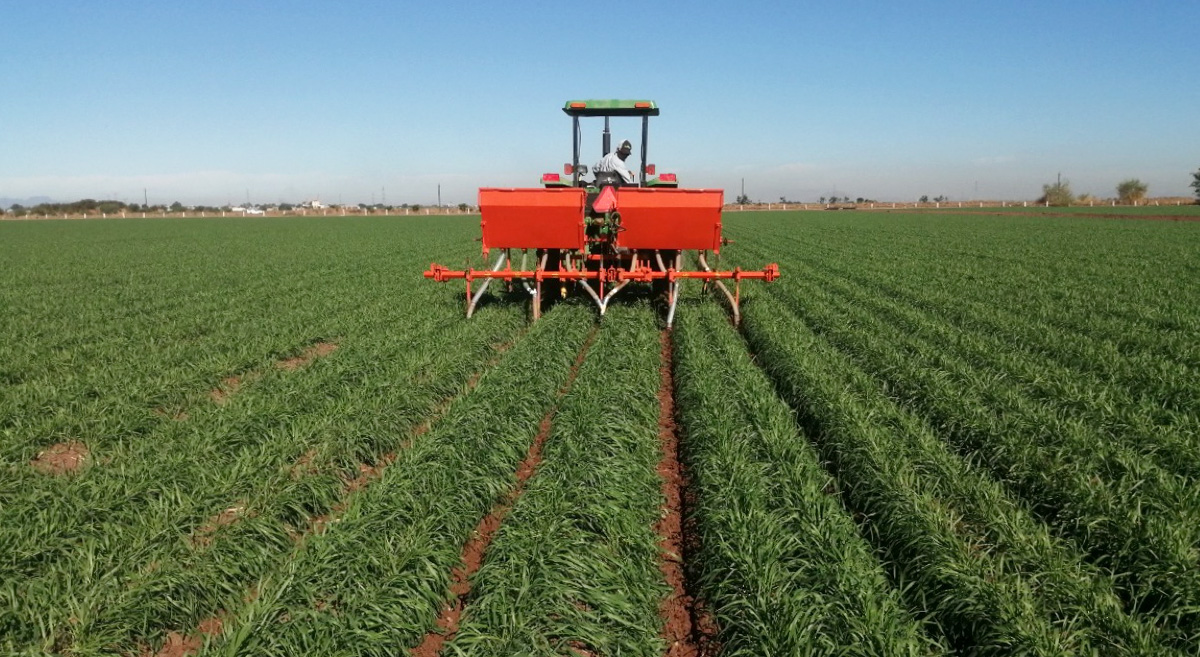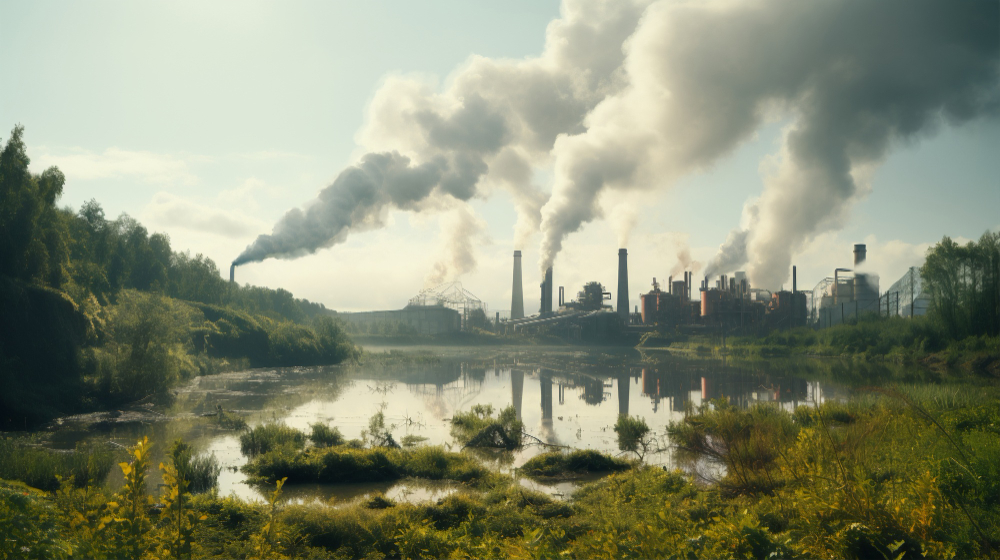A global report documents the spiral of meteorological and climatic impacts that occurred in 2024
Clear evidence of human-induced climate change reached new heights in 2024 and some of the consequences will be irreversible for hundreds or thousands of years, according to the World Meteorological Organisation's State of the Global Climate 2024 report. It also highlights the enormous economic and social impacts of extreme weather conditions.
